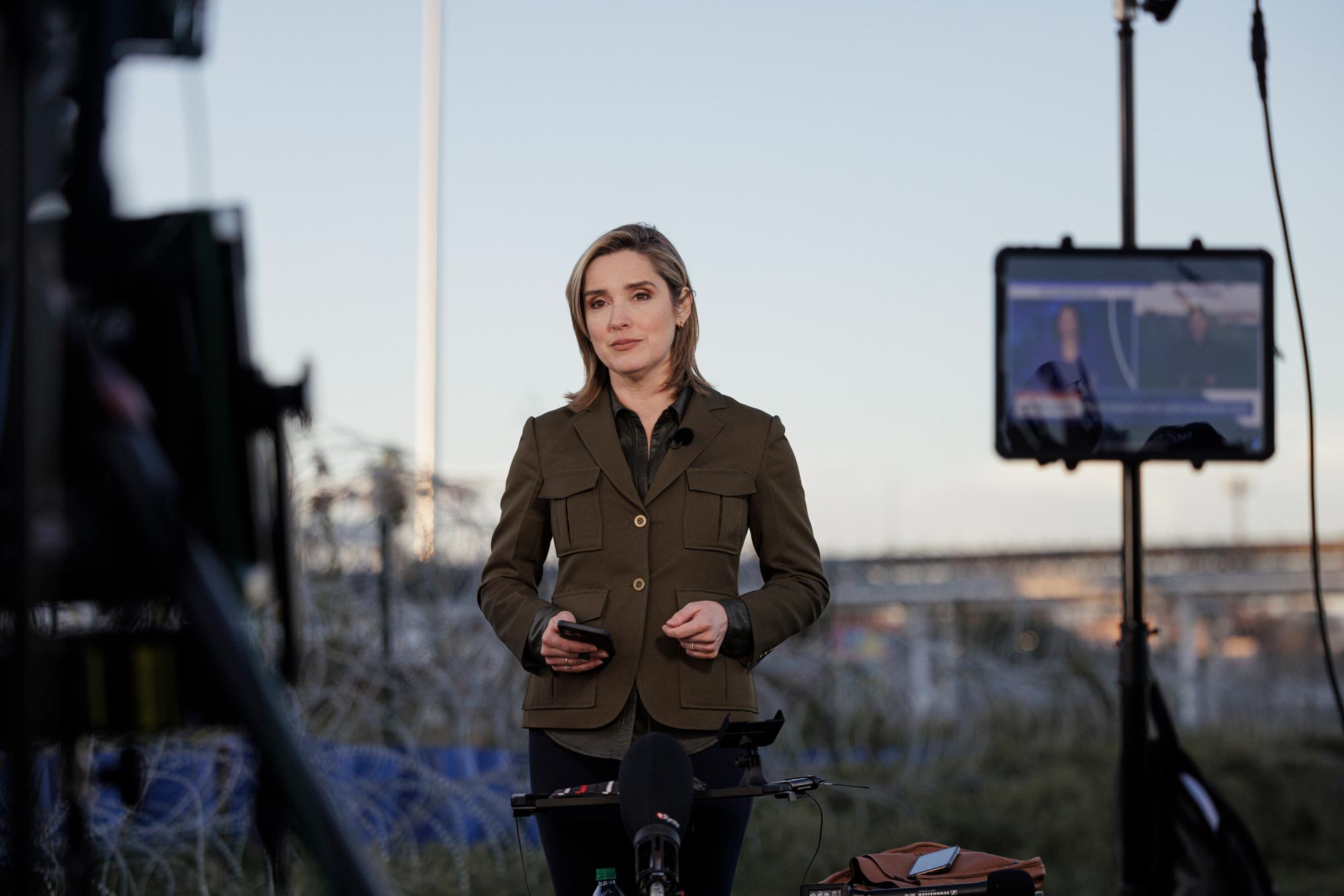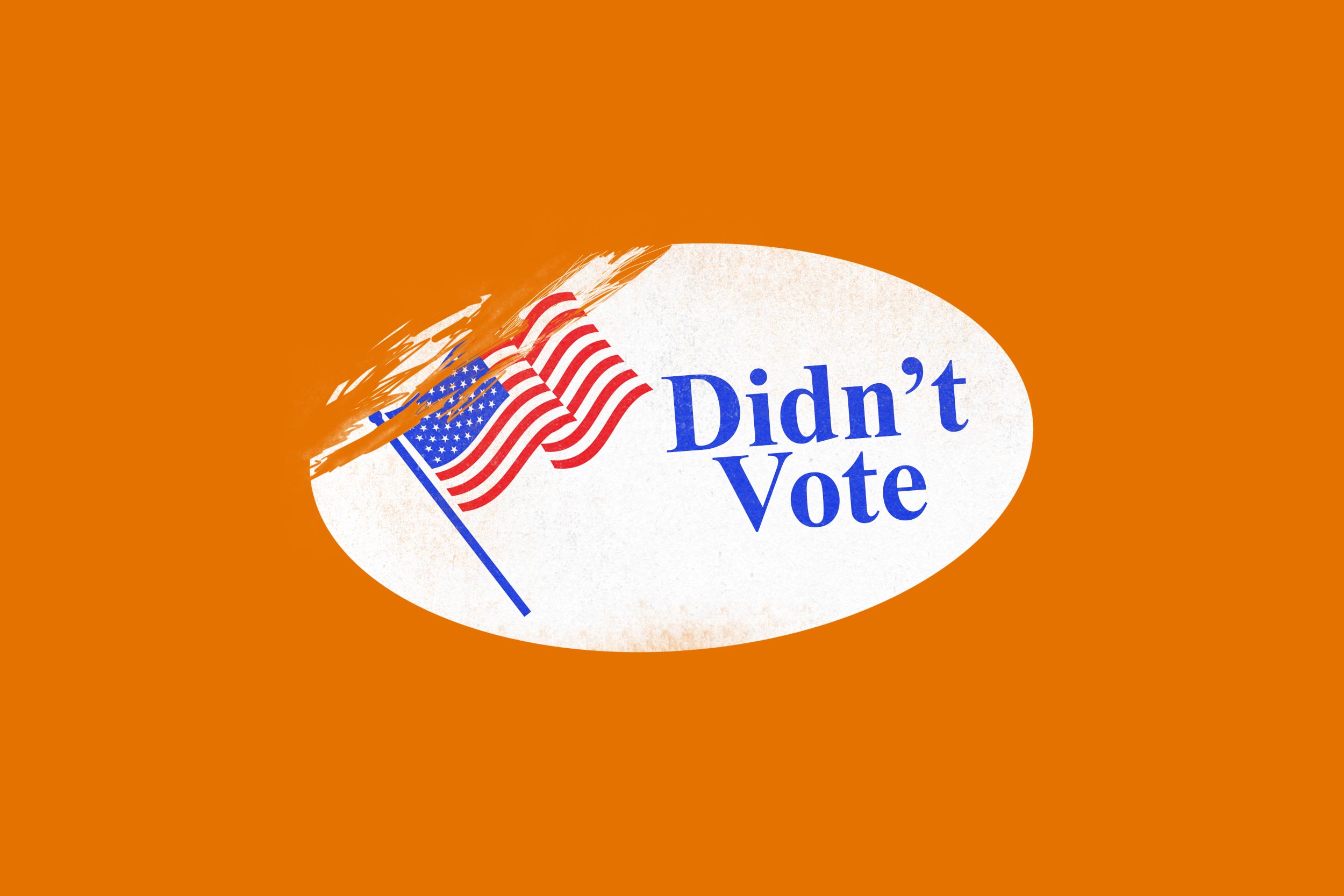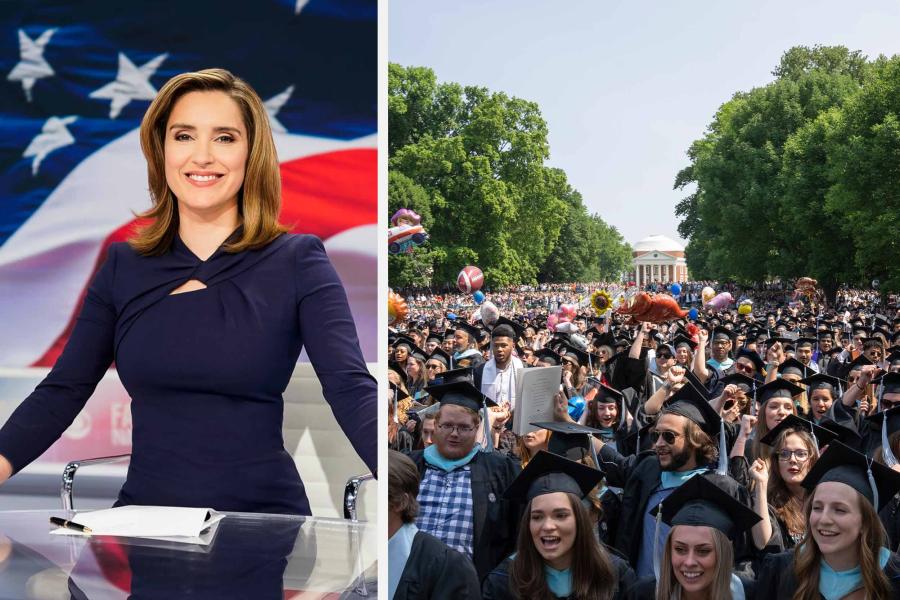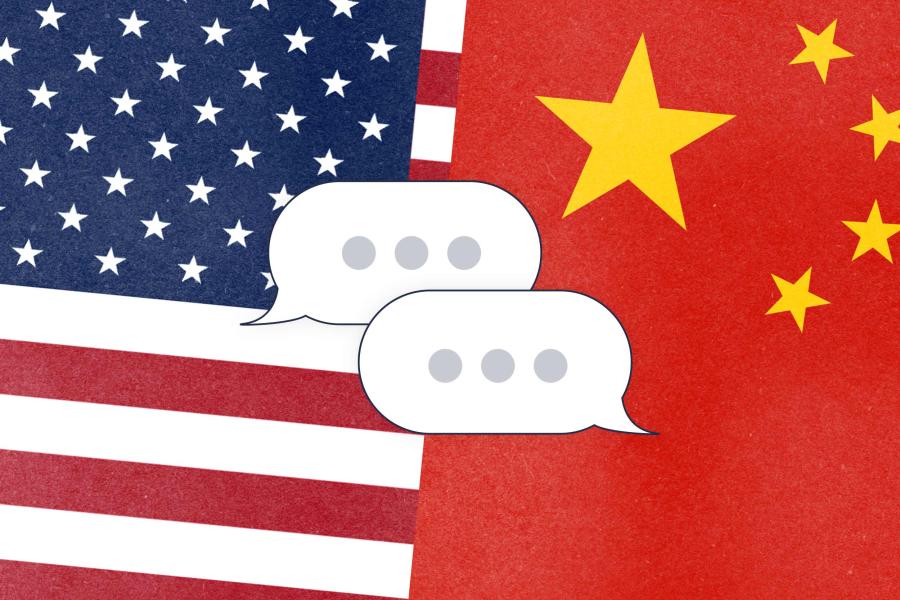Margaret Brennan has come full circle. The 2002 University of Virginia graduate, now a moderator for CBS’ “Face the Nation” and the network’s chief foreign affairs correspondent, has served as a UVA Center for Politics scholar since the 2022-2023 academic year and is a member of the Center’s Board of Advisers.
In her role, Brennan mentors students, provides analysis of political events, leads workshops and helps develop programming throughout the year.
With Election Day taking place Tuesday, UVA Today spoke with Brennan about youth voter engagement, the challenges facing democracy and why the next generation’s participation matters.
If you are a student seeking information on voting in the 2025 state and local election, check out the UVA Student Council’s voter and legislative guide.
Q. How did your UVA experience shape your approach to covering politics and international affairs?
A. The critical thinking and analysis skills that I honed in my political economy and other classes at UVA are key to helping me take a step back and think about current affairs in context.

Margaret Brennan is the moderator of CBS’ “Face the Nation” and the network’s chief foreign affairs correspondent. She graduated from UVA’s College of Arts & Sciences in 2002 with a degree in foreign affairs and Middle Eastern studies. (Contributed photo)
The patterns and trends that you are taught to watch for and note how they play out are factors in many societies, whether they be overseas or in the U.S. For example, the everyday, kitchen-table economic issues are commonly at the heart of the public’s perception of whether they risk speaking out or not. The free press and its functioning are a good gauge of the freedoms within a country.
Q. Youth voter turnout consistently lags other age groups in the United States. From your perspective, what do you think are the main factors keeping young people from the polls, especially in off-year elections?
A. I don’t think it is apathy. We’ve seen in CBS polling a trend among young voters being animated about politics, but a decreased confidence level that democracy is the best way to participate in politics.
The partisanship that has prevented even basic duties, like funding the government, makes it hard to persuade individuals that the system is working. It is often malfunctioning. There are many other factors at play now, including siloed information sources that prevent a common agreement on facts.
Individuals are also targeted now with information, rather than just seeking it out. That happens based on social media curation, due to algorithms and a lack of editorial standards for those content providers. There are a lot of factors that can dissuade people from participating.
Q. What would you tell UVA students about why it’s important to stay engaged with political journalism and current affairs, particularly in an era of social media and fragmented news sources?
A. I tell everyone – not just students – that they should be mindful and deliberate about who they spend their time with, including in the information space. Reward those who go into the field, do the work, risk their lives and bring back the story.










